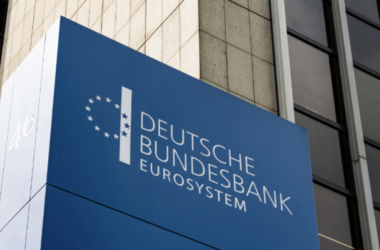The opposition party Alternative for Germany (AfD) has nearly caught up in popularity with the election-winning CDU/CSU bloc. According to a survey by the Forsa Institute, the gap between the parties has narrowed to just 1%.
If elections were held today, CDU/CSU would receive 25% of the vote, while AfD would get 24%. This is the smallest margin between the parties since Alternative for Germany was founded in 2013. Right-wing leader Alice Weidel openly states that her party’s goal is to become the leading political force in the country. In the February 23 elections, CDU/CSU secured 28.5% of the vote, while AfD received 20.8%.
The weakening position of CDU/CSU has also affected its potential coalition partners. The Social Democrats (SPD) are losing support, with their rating dropping to 15% (compared to 16.4% in the election). The Greens are also declining, falling to 12%. The only party showing growth is The Left, which has risen to 10% from 8.8% in the election.
As party ratings decline, trust in CDU/CSU leader Friedrich Merz is also falling. Currently, only 28% of Germans consider him trustworthy, while 70% express a negative opinion. Right after the election, his approval rating was around 36%.
Thus, the potential coalition between CDU/CSU and SPD, according to the latest data, risks losing its parliamentary majority.




